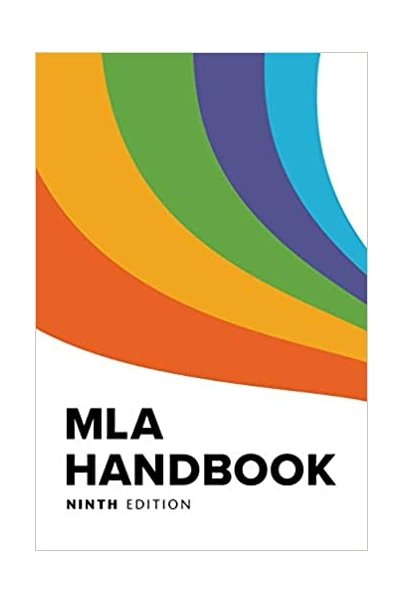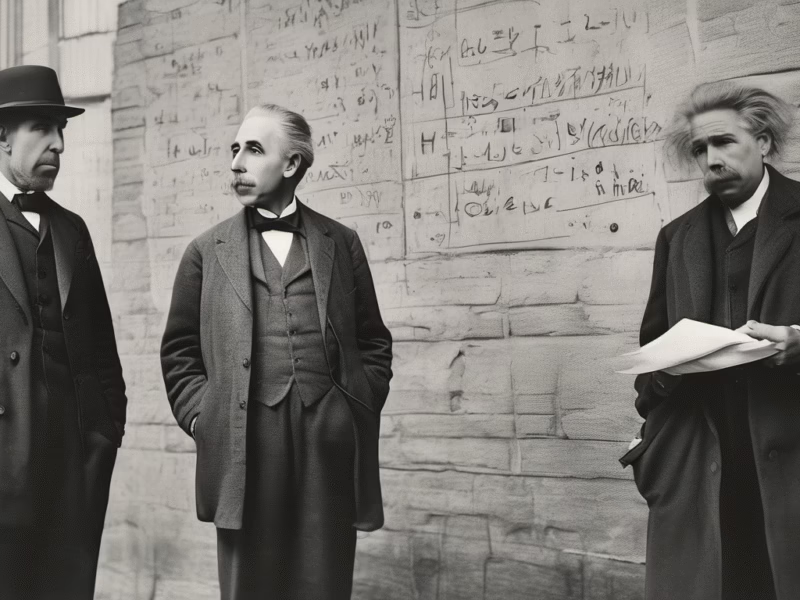When doing research, it is important to understand the difference between citation and paraphrasing. While it may be tempting to simply copy and paste text from sources, this is not only considered plagiarism, but it also undermines the credibility of your own work. Instead, it is generally recommended to paraphrase the information you have gathered from your sources, in order to demonstrate that you have understood and internalized the material, and are able to communicate it in your own words.
However, there may be certain cases when it is more appropriate to use a literal citation. For example, if you are making a specific argument that relies on the precise wording of a source, it may be necessary to use the exact text in order to make your point. Additionally, if the original text is written in a unique or poetic way, paraphrasing may actually detract from the impact of the passage.
Florius
Hi, welcome to my website. I am writing about my previous studies, work & research related topics and other interests. I hope you enjoy reading it and that you learned something new.
More Posts









